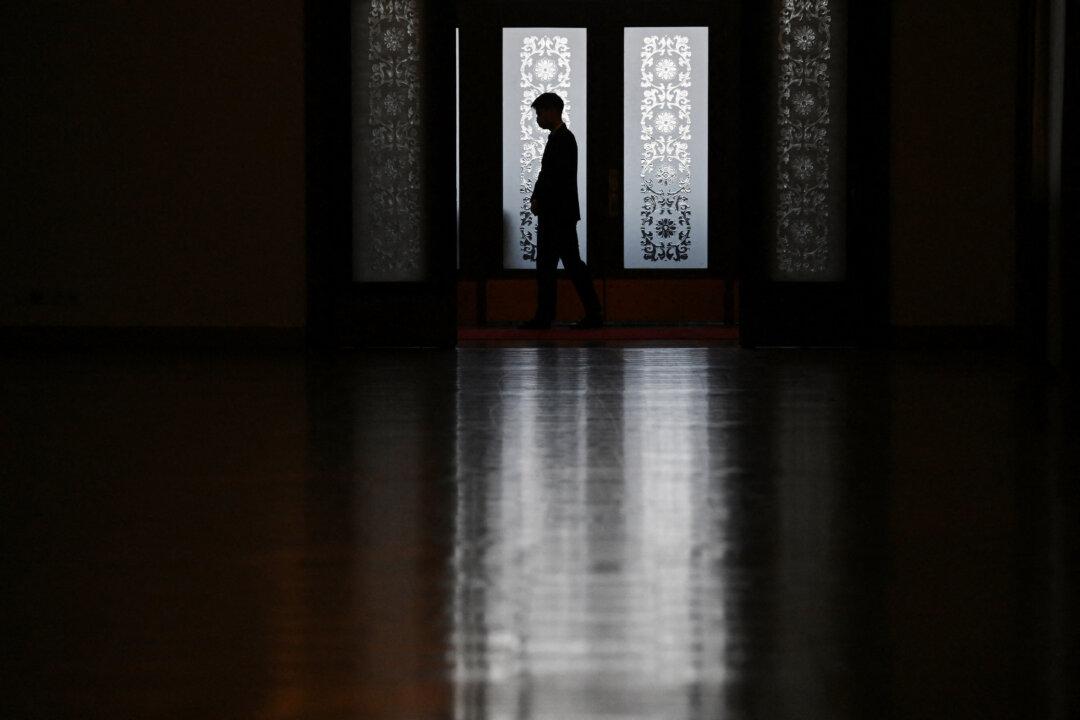Scores of people on Twitter are saying the social-media platform was preventing them from following the account of “Unplanned”—a movie about a former Planned Parenthood clinic director turning against abortion.
Hundreds of people said late March 31 that they clicked the “Follow” button on the movie’s Twitter account, only to return to the page moments later and see they were no longer following the account. Many reported experiencing this issue repeatedly, with some posting videos of the phenomenon.
She received more than 180 replies, most of which were people reporting the same issue.
Actress Ashley Bratcher, who stars in the movie, said she also encountered the problem.
Twitter Trouble
The movie had a rough start on Twitter, when its account was suspended for some time on March 30, a day after the movie’s theater debut. A Twitter spokesperson said the account was suspended by mistake.“It wasn’t directly about this account. When an account violates the Twitter Rules, the system looks for linked accounts to mitigate things like ban evasion. In this case, the account was mistakenly caught in our automated systems for ban evasion,” the spokesperson said in an April 1 email.
“We reinstated the account as soon as it was brought to our attention. An account’s followers take time to fully replenish after it is reinstated. We are not hiding follower counts or disallowing certain people from following.”
The spokesperson said the time to “replenish“ the follower count caused the problem users complained about. “That’s why it appeared as if some people were automatically ‘unfollowing,’” the spokesperson said. “That wasn’t the case.”
Promotional Boost
The Twitter controversy seems to have considerably added to the movie’s promotion, as its account grew from only several thousand followers on the movie’s opening day to more than 250,000 as of noon on April 1.The issue of abortion has been pushed to the forefront in recent months as several Democrat-controlled states proposed or passed bills that would allow abortions all the way up to the time of birth, with limited constraints for very late-term abortions—an apparent effort to preserve easy access to abortion in case the conservative majority on the Supreme Court overturns the 1973 Roe v. Wade decision, which hamstrung states’ ability to restrict abortion.




